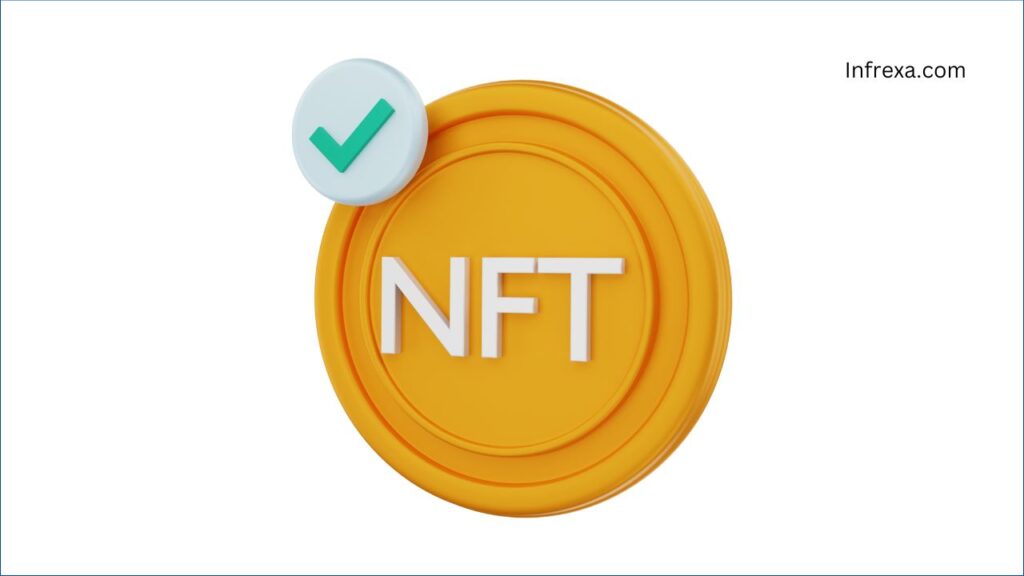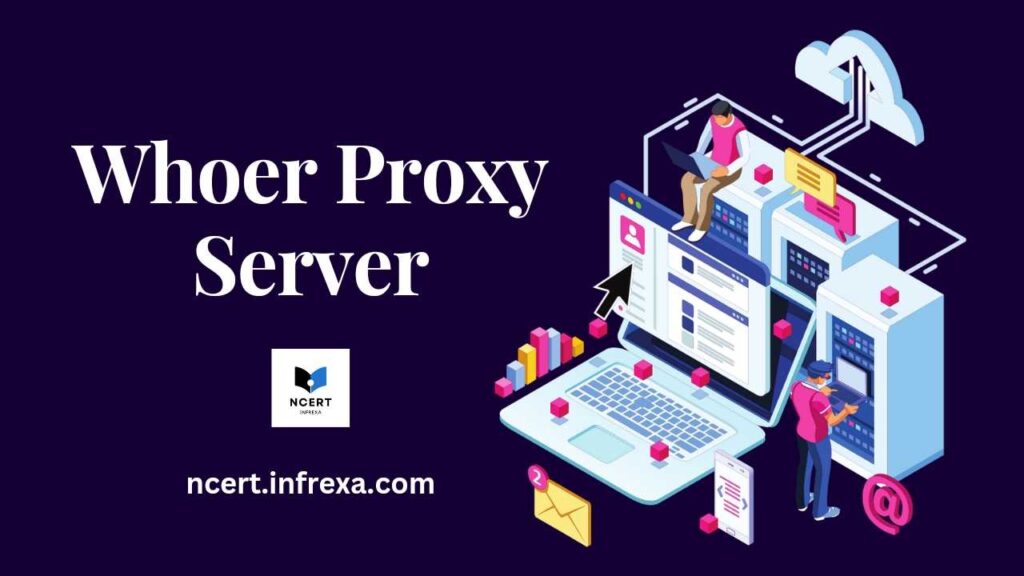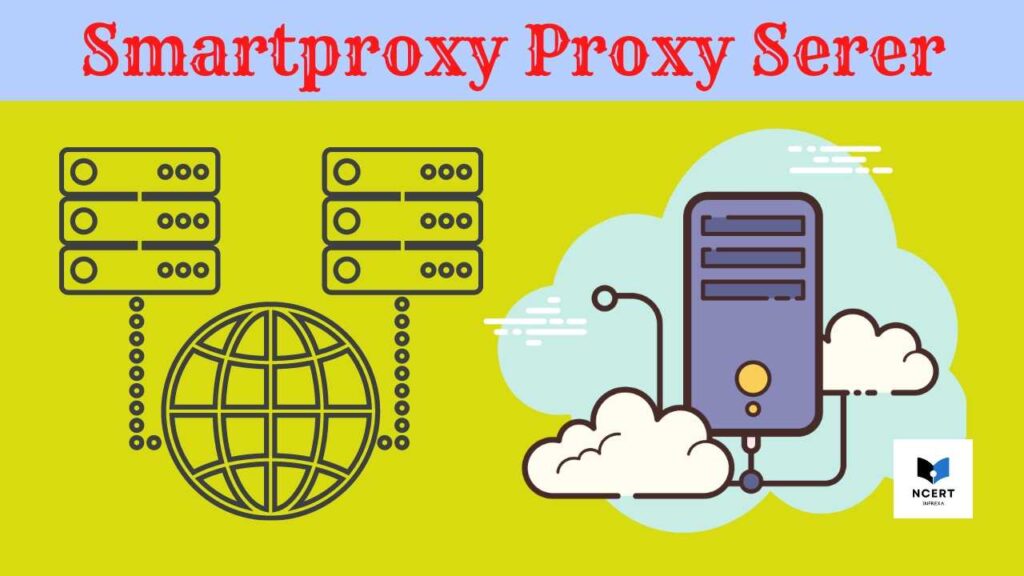NFTs, or Non-Fungible Tokens, are unique digital assets that use blockchain technology to verify ownership and authenticity. Unlike traditional cryptocurrencies such as Bitcoin, NFTs are one-of-a-kind and cannot be exchanged on a one-to-one basis.
What are NFTs?
NFTs are digital tokens representing unique items like digital art, collectibles, virtual real estate, music, and more. Each NFT has unique attributes stored on the blockchain, providing proof of ownership and authenticity.
Key Differences Between NFTs and Traditional Trading
- Uniqueness: NFTs represent unique items with specific attributes that make them one-of-a-kind. This contrasts with traditional trading assets like stocks or commodities, which are often standardized.
- Indivisibility: NFTs cannot be divided into smaller units. They exist as whole items, unlike cryptocurrencies, which can be broken down into smaller denominations.
- Ownership and Authenticity: Blockchain technology ensures that NFTs have a transparent and immutable record of ownership, preventing unauthorized duplication or fraud.
- Interoperability: NFTs can be created on various blockchain platforms, such as Ethereum’s ERC-721 and ERC-1155 standards, allowing them to be used across different platforms and applications.
- Value Determination: The value of NFTs is subjective, influenced by factors like rarity, popularity, and the creator’s reputation. Traditional trading often involves assets with more widely agreed-upon values.
- Liquidity: NFTs are traded on online marketplaces, offering liquidity for these digital assets. Traditional trading can occur in various markets, including physical and financial markets.
- Use Cases: NFTs are popular in creative and entertainment industries, enabling artists and creators to monetize digital works directly. Traditional trading includes a broader range of assets, such as stocks, commodities, and real estate.
Major Limitations of NFTs
- Lack of Intrinsic Value: NFTs often derive value from perceived uniqueness and demand rather than intrinsic value.
- Market Speculation: The value of NFTs can be highly volatile due to market speculation.
- Ownership of Digital Content: Owning an NFT does not necessarily grant copyright or intellectual property rights to the digital content.
- Copyright and Plagiarism Concerns: There are concerns about copyright infringement and unauthorized distribution of digital content.
- Environmental Impact: Some blockchain networks that support NFTs consume significant energy, raising environmental concerns.
- Lack of Regulation: The NFT market lacks comprehensive regulation, leading to uncertainty about legal rights and protections.
- Long-Term Value: Predicting the long-term value of NFTs is challenging due to market volatility.
- Digital Asset Longevity: Digital content associated with NFTs may become obsolete over time.
- High Barrier to Entry: Creating and trading NFTs requires technical knowledge and access to cryptocurrency platforms.
- Market Saturation: The rapid growth of NFTs has led to concerns about market saturation.
- Lack of Quality Control: The NFT market includes a wide range of assets, varying in quality and authenticity.
- Dependency on Platforms: NFTs are dependent on the security and operation of online marketplaces.
My Opinion: Should You Use NFTs?
Whether to engage with NFTs depends on your interests, goals, and risk tolerance. NFTs offer unique opportunities but come with risks. Consider these factors carefully before diving in.
Share your thoughts on NFTs in the comments below! If you’re interested in learning more about digital assets, check out our other articles on the latest in technology. For more insights on sustainability, read our article What Does Sustainable Mean?




